I've said it before, and I'll say it again, you put any baby in an institution without stimulation, love, opportunities to grow and learn ... of course they won't learn anything!
Along with the institutionalization there was the attitude that there was no reason to do research that would help with a better quality of life.
Things have changed and thanks to research more is understood about Down syndrome. Despite the fact that Down syndrome remains the most common chromosomal disorder but the least funded by the NIH, research is being done by a number of organizations who realize the importance of research and Down syndrome.
They are discovering that by researching the genes and secrets that are held on that 21st chromosome they can also research medical mysteries beyond Down syndrome - issues like Alzheimer's and cancer.
Even as recently as 5 years ago I blogged about individuals with Down syndrome having a higher chance of being diagnosed with leukemia, but also a higher chance of beating cancer.
Does Study Of Down Syndrome Hold A Possible Cancer Cure? is a more recent article bringing light to the need for research on the 21st chromosome and the positive impact it can have on a larger part of society. "Therefore, our friends and relatives with Down syndrome are, even if unintentionally, enabling discoveries about how cancers develop and how to combat them."
Exactly. Research is important and it's why we support the work that organizations like LuMind Foundation, Research Down Syndrome, Global Down Syndrome Foundation, just to name a few, are doing. It's why it's important to raise awareness and take action on research and spread information on the Down Syndrome Registry.














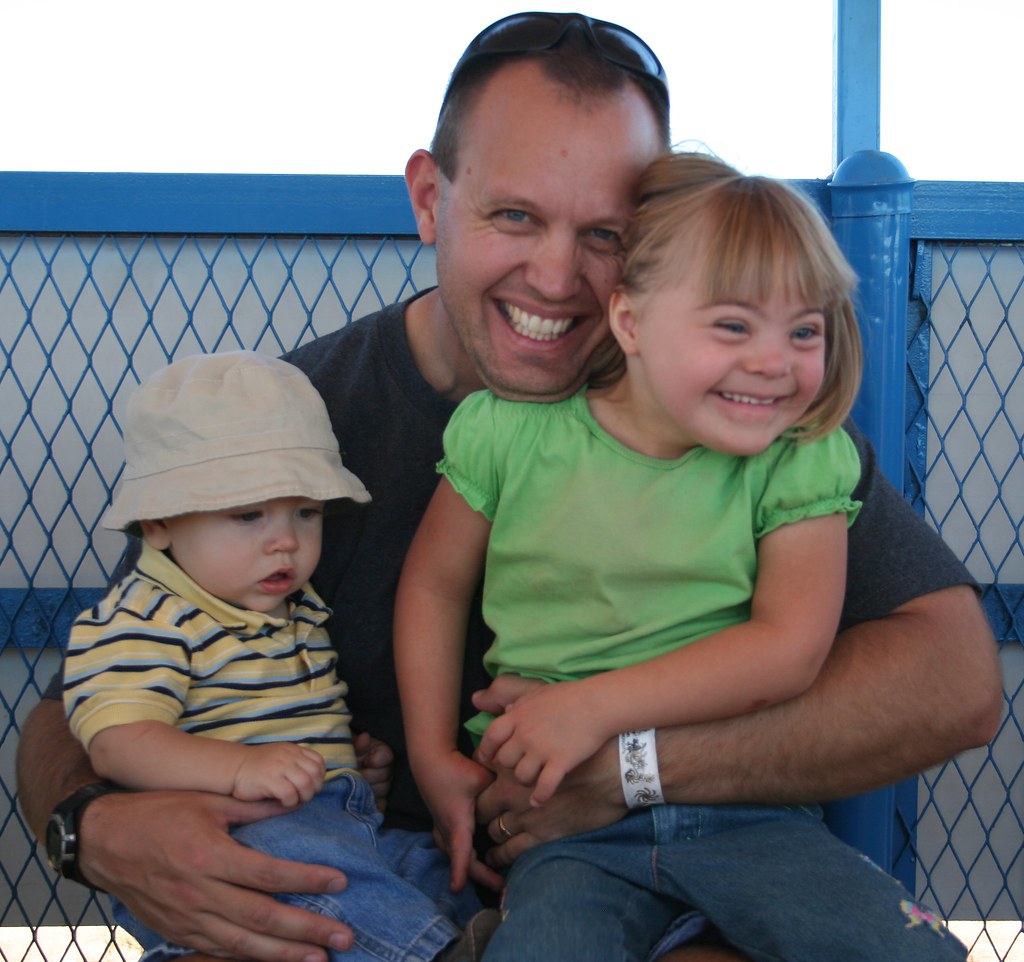













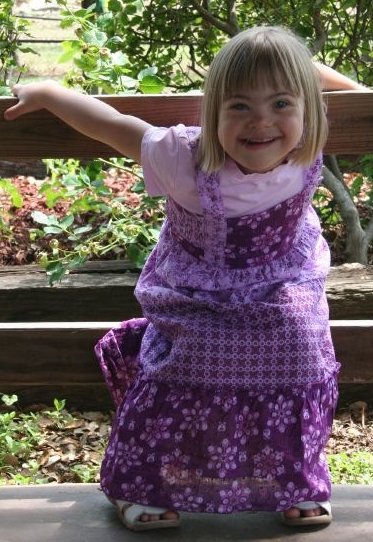

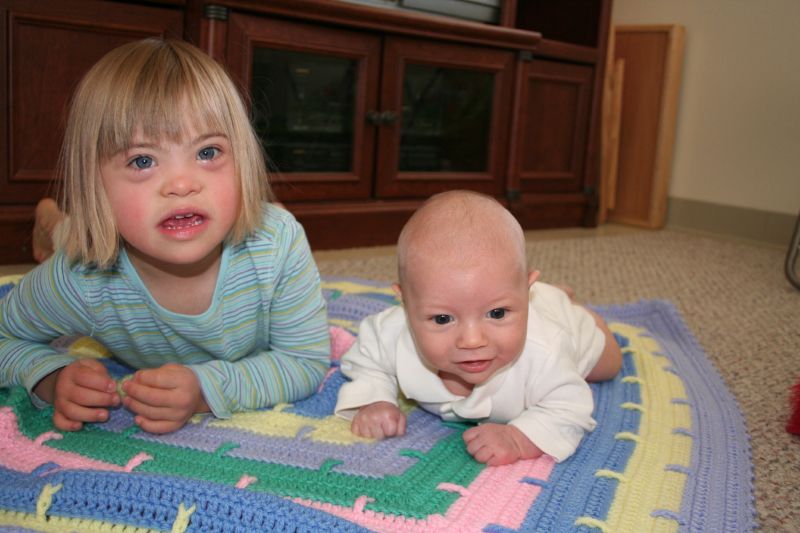
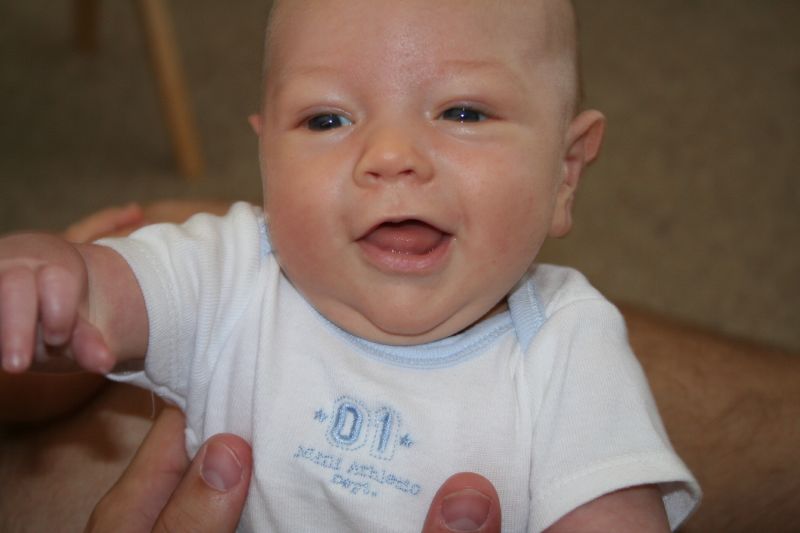
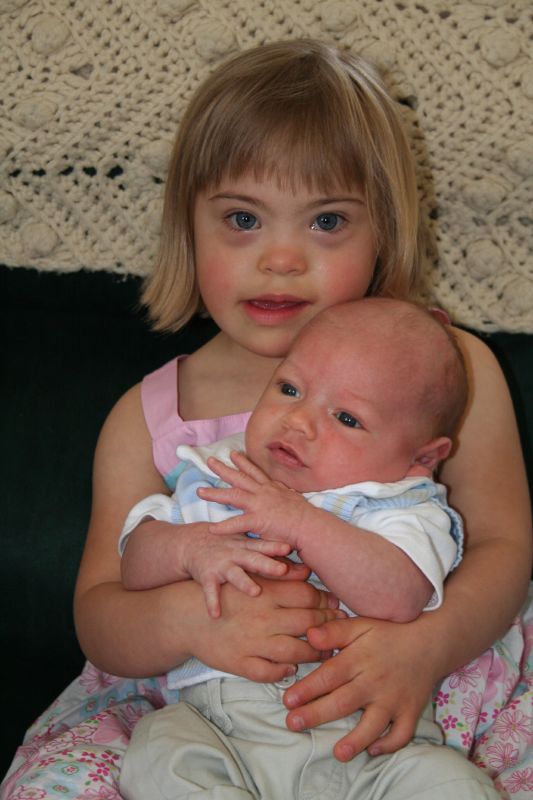
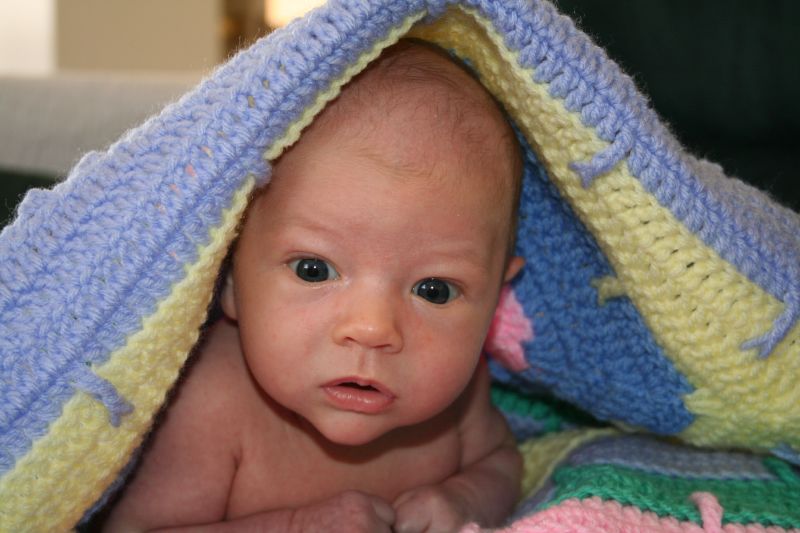
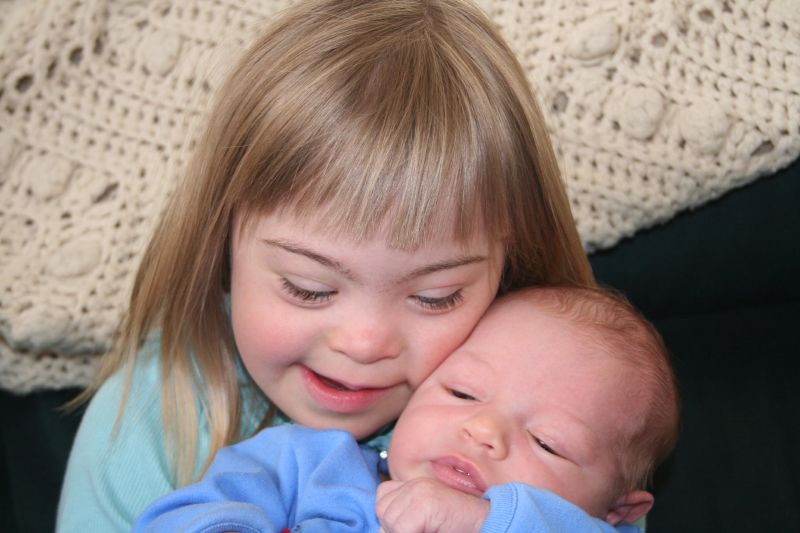

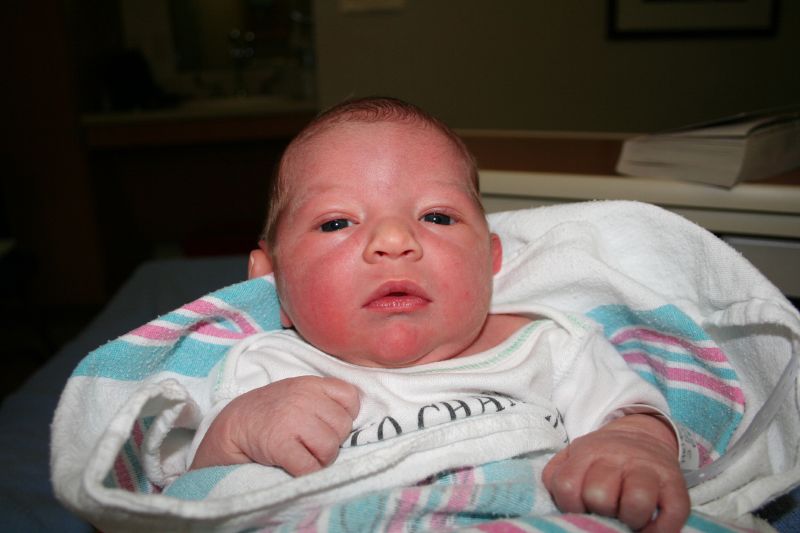
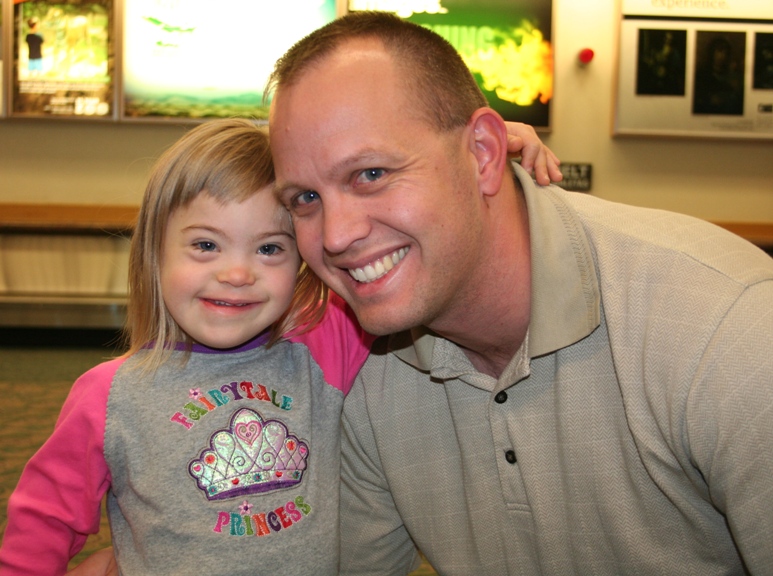













No comments:
Post a Comment